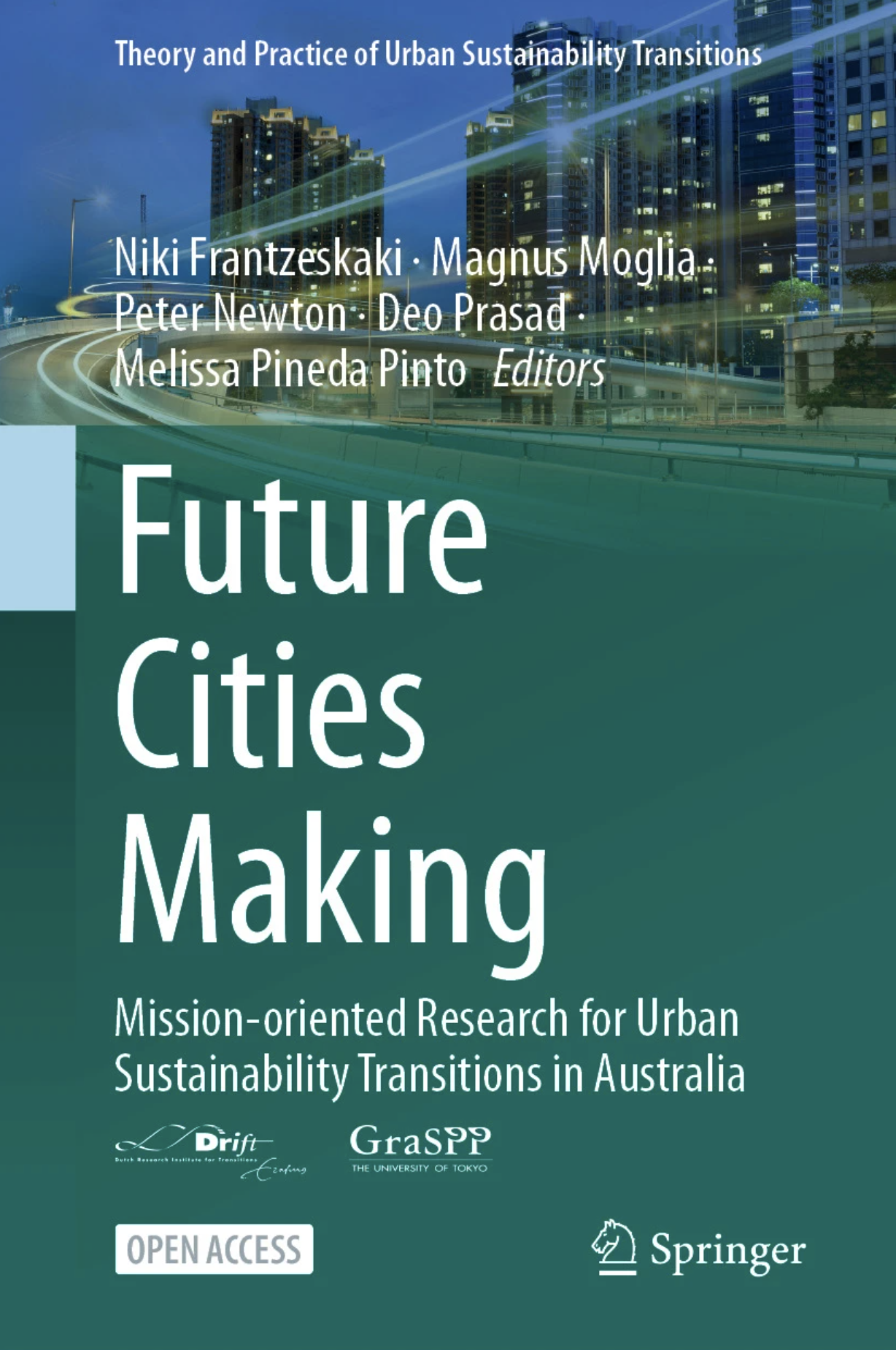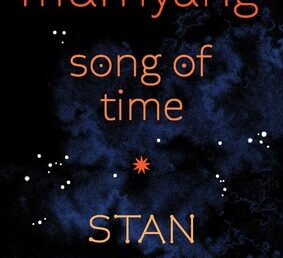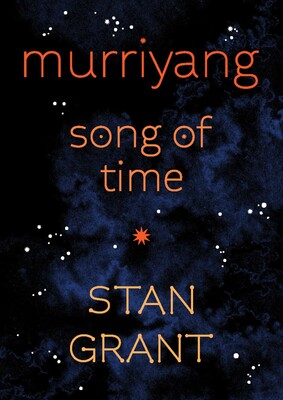Develops a new theory of political temporality to demonstrate how to conduct political analysis in times of conflict and uncertainty
- Offers an important differentiation between a political theory of temporality and philosophies of time
- Examines contemporary debates on migration and border control to demonstrate the myopia in the understanding of historical contexts that give rise to the displacement and/or mobility of migrants
- Analyses current debates about the decline of or lack of faith in democratic institutions exemplified by the rise of populism and highlights the limitations of elite politics
- Develops a new theory of political temporality focused on process-driven accounts of political development
Adrian Little demonstrates how different conceptions of past, present and future contribute to the nature of political conflict in the world today. Reacting against narratives of political disillusionment and apathy, he focuses on how a new understanding of political temporality can inform our approach to political problems. He forms his argument around three major cases in which the nature of past, present and future is contested: Indigenous politics in settler colonies; the politics of bordering and migration; and debates over the future of democracy.





